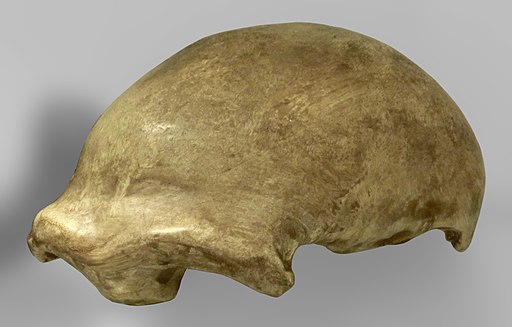Brief Note: New Zealand Archaeology Week 2022
Kia ora, New Zealand Archaeology Week 2022 is underway! New Zealand Archaeology Week, now into its sixth year, is an annual week of nation-wide public talks, exhibits, and other events aimed at increasing public awareness and appreciation of archaeology and of New Zealand's own archaeological record. Events are run by a range of amazing individuals and organizations and coordinated by the New Zealand Archaeological Association (NZAA). Over the last couple of years New Zealand Archaeology Week has been forced to adapt to the present pandemic world. In 2020 it was forced entirely online as New Zealand experienced its highest level of COVID-19 related restrictions. Thanks to the success of those earlier restrictions, New Zealand was enjoying a pre-Delta variant respite this time last year and New Zealand Archaeology Week 2021 saw the return of several in-person events alongside original online content from the NZAA and various content partners. With the Omicron variant now widesprea...
